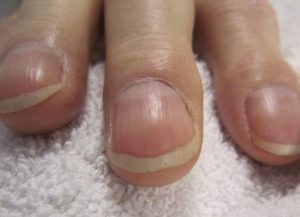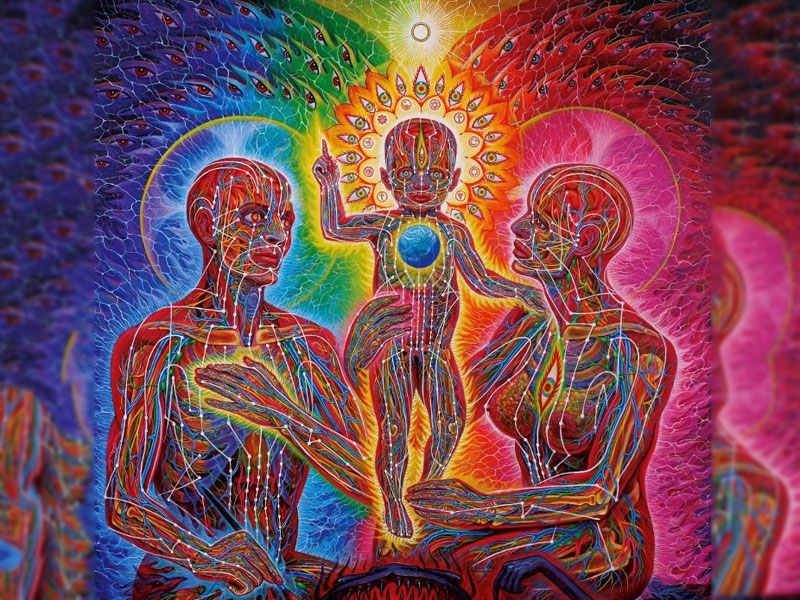The medical world seems like an amalgamation of science and fantasies. Here we give you some facts that will make you ponder, at least for a few minutes. Are you ready?
1. Does drinking lots of water improve skin hydration?
Contrary to popular belief, answer here is no, it does not. This fact might come as a surprise to many, because we have heard so many beauty gurus speaking about the importance of drinking water for skin hydration. However, recent scientific studies have proved otherwise. Drinking tons of water does not get rid of dry skin. This is because rather than the amount of water you drink, it is the amount of water that evaporates form your skin that determines how dry your skin will be. Therefore, using moisturizers and limiting the skin’s exposure to harmful chemicals is a much better way to hydrate your skin.
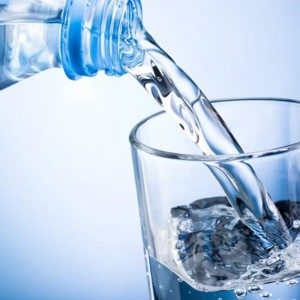
2.Is the appendix a useless organ?
Many schools teach their children that the appendix is a vestigial organ located at the junction of the small intestine and the large intestine. But now, scientists are saying that it actually plays a role in boosting the gut immunity. This is because the appendix acts as a safe-house for the good bacteria present in the gut which helps fight off other infections from the bad bacteria. Although people can live a normal life after the removal of their appendix, studies have shown that people without an appendix usually take a longer time to recover form an infection.
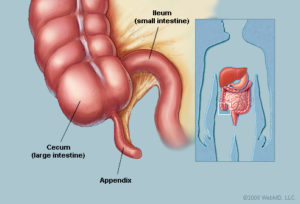
3.What is the largest organ of the body?
When you are asked about the largest organ in the human body, most people begin to think of the liver, the colon or the heart. In truth, the largest organ is actually the skin. The skin covers our whole body and makes up the 16% of the total body mass. Its function is not just touch sensation, it protects the body from drastic temperatures, radiations, microbes and chemicals. It also helps protects from mechanical trauma and pressure.

(source: pngio.com)
4.Are all types of cholesterol bad?
You’re probably used to looking for zero cholesterol products because you have heart that cholesterol is bad for heart health. However, you may not know this- not all types of cholesterol are bad. Most harmful types of cholesterols are the Low density lipoproteins (LDL) and the very low density lipoproteins (VLDL). However, there is a kind of cholesterol called as high density lipoprotein (HDL) which actually helps to transport the bad cholesterols from the tissues (such as the heart) to the liver for excretion. In this way consuming HDL actually improves the health of your heart and other tissues.
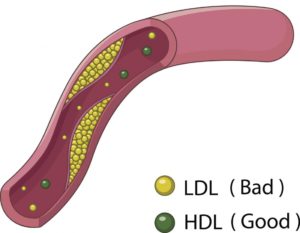
5.What causes motion sickness?
Most people know that motion sickness occurs when they are travelling in cares in windy roads. But have you ever wondered about the mechanism behind it? When you are travelling in a vehicle, your eyes see that you are moving. However, since you are still sitting at the same spot within the vehicle, your muscles and your vestibular apparatus (present within the inner ear) think that you have not moved at all. Thus, the eyes, muscles and vestibular apparatus send differing signals which confuse the brain- thus leading to lightheadness, dizziness nausea and vomiting.

6. In what conditions can your urine change color normally?
The color of your urine can many times cause suspicion as to what kind of disease you may be having. For example, reddish urine usually indicates renal diseases. However, there are some instances where your body is completely healthy but your urine still seems to be changing color. You may have noticed that your urine seems to turn a pinkish color the day after you eat cotton candy. Don’t panic, this is normal and is just due to the dye present in the cotton candy which can pass through the pores in the kidneys. Consuming food items with lots of other colored dyes can sometimes even cause your urine to turn green on bluish.

Eating beets, rhubarb and blackberries can also cause your urine to look reddish to pink in color. Consumption of large amount of fava beans often lead to your urine looking dark brown.
Sometimes when you take an excessive amount of vitamin B, your urine can turn neon yellow. Don’t worry though, this is merely can indication that you need to lessen the dose.
7. Are there any scientifically proven techniques to help you feel happier?
I am sure you must have heard that happiness comes from within. While this is true for the most part, there are actually many things you can do externally to elevate your happiness levels. This is because there are mainly 4 chemicals responsible for the feeling of happiness- serotonin, endorphin, oxytocin and dopamine. Each of these are released in different situations and you can hack them by doing the following things.
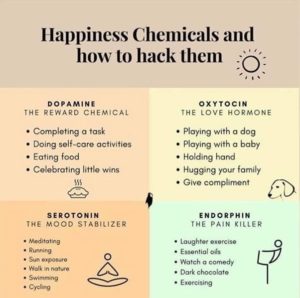
8. Can menstrual products be fatal?
Menstrual health and awareness has taken a rise nowadays. However, some people still do not know that menstrual products can sometimes lead to fatality when used for too long, of if used inappropriately. The main reason for this fatality is Toxic Shock Syndrome (TSS) which often results from using unhygienic menstrual products or using them for a long period of time. Although TSS is quite rare, it is mostly fatal. It occurs due to the overgrowth of a bacteria called Staphylococcus Aureus that releases toxins. When removing the tampons, due to the slight trauma, there will be small abrasions in the vaginal wall. The toxins then enter through this broken skin and can cause shock and eventually death. The same can occur with menstrual cups as well. So menstrual hygiene is of utmost importance.
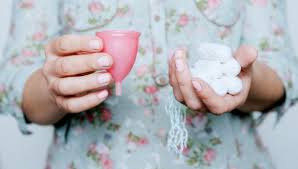
9.Does your height differ according to the time of day?
If I told you that your height differs according to the time of day, you will probably call me a lunatic. But you know what? That’s the truth- and scientifically backed too. The reality is that you are your tallest self in the morning as soon as you wake up. You become shorter and shorter throughout the day because of the effect of gravity which compresses your spine gradually. So if you want to seem tall, the next time somebody asks to measure your height make sure they measure it as soon as you wake up!

10. Have you heard these awesome medical terminologies?
Medicine is a great field not only because of the social and scientific aspects, but because of the literary aspects too. In the language of medicine, you can find some fantastic words. Let me list down some of my favorites for you!
Rhinolalia Clausa– This makes me think of a Rhino dressed up in a Santa suit. However, the real meaning of this phrase is hyponasal speech due to inappropriate nasal airflow during speech. This often occurs if you have a blocked nose.
Horripilation– This word sounds straight out of a horror movie doesn’t it? Actually, it is the medical term for something you might get while watching horror movies-goose bumps!
Vallecula– This word sounds like it could be a planet’s name, but it actually refers to a blind pouch situated between the pharynx and the epiglottis.
Stapes– Although this word sound eerily similar to steppes (which is a dry, grassy plain), the word stapes actually refers to the smallest bone in the human body which is situated within the ear.
Veisalgia– When you tell somebody that you’re suffering from a veisalgia, who would guess that this sophisticated-sounding word actually means having a hangover?
Sphenopalatine ganglioneuralgia– Next time you have your favorite ice-cream and get a brain-freeze, tell people you’ve got a sphenopalatine ganglionauralgia! It means a cold-stimulus headache.
Spondylitis-This word might make you think about sponges. Actually, it refers to an inflammation in your vertebrae (the bones in your spine).
Bacitracin– Bacitracin sounds like it could very well be the name of a Pokemon, but it is actually the name of an antibiotic used to prevent minor skin infections. It works by limiting the growth of certain bacteria and is useful for minor cuts, scrapes and burns.
Clubbing– No, in medicine this does not mean partying in the club. Clubbing actually refers to the bulbous enlargement that occurs in the distal potion of the fingers and toes. It is caused due to proliferation of connective tissue and edema, and causes the loss the normal angulation between the nail bed and the nail fold. Clubbing may sometimes be hereditary but is most often an indication of severe cardiac or respiratory diseases.
